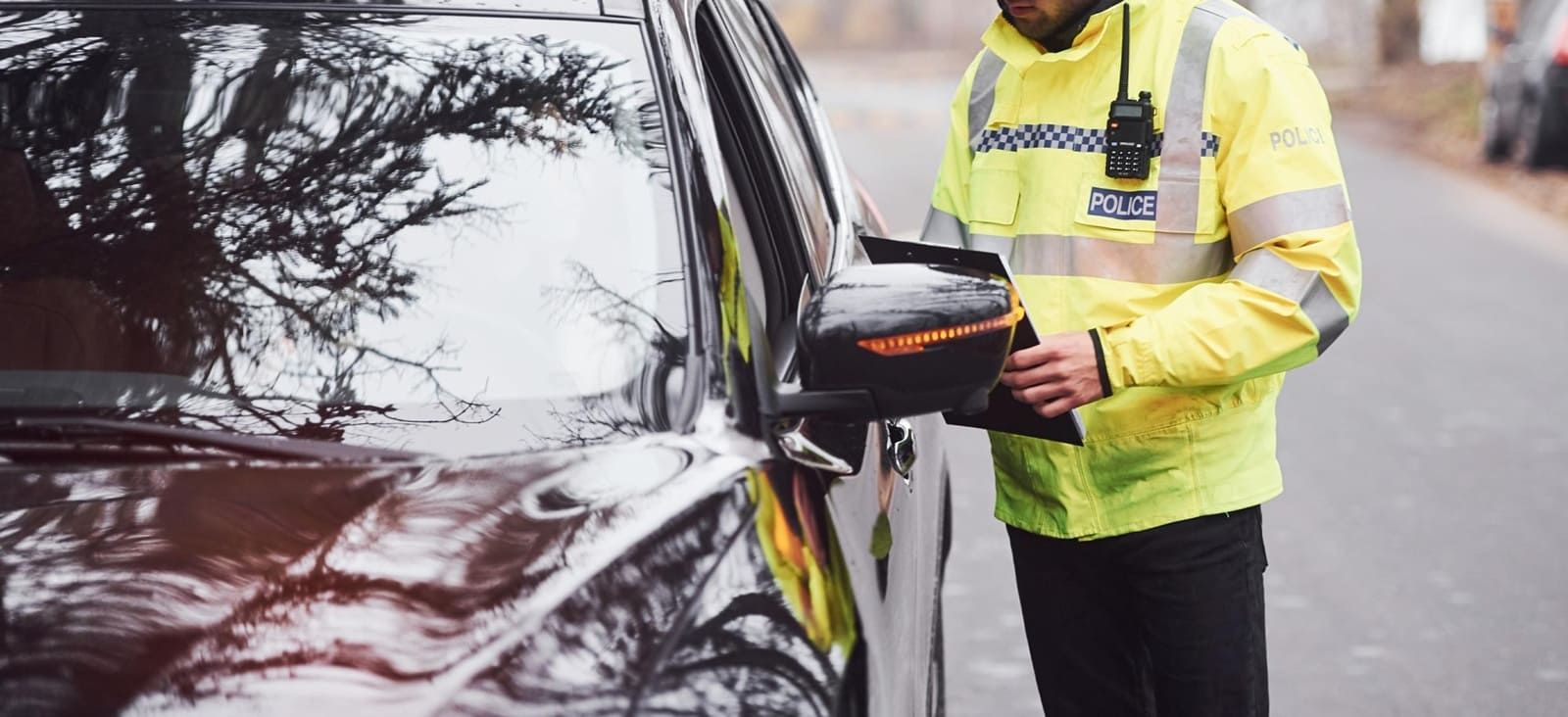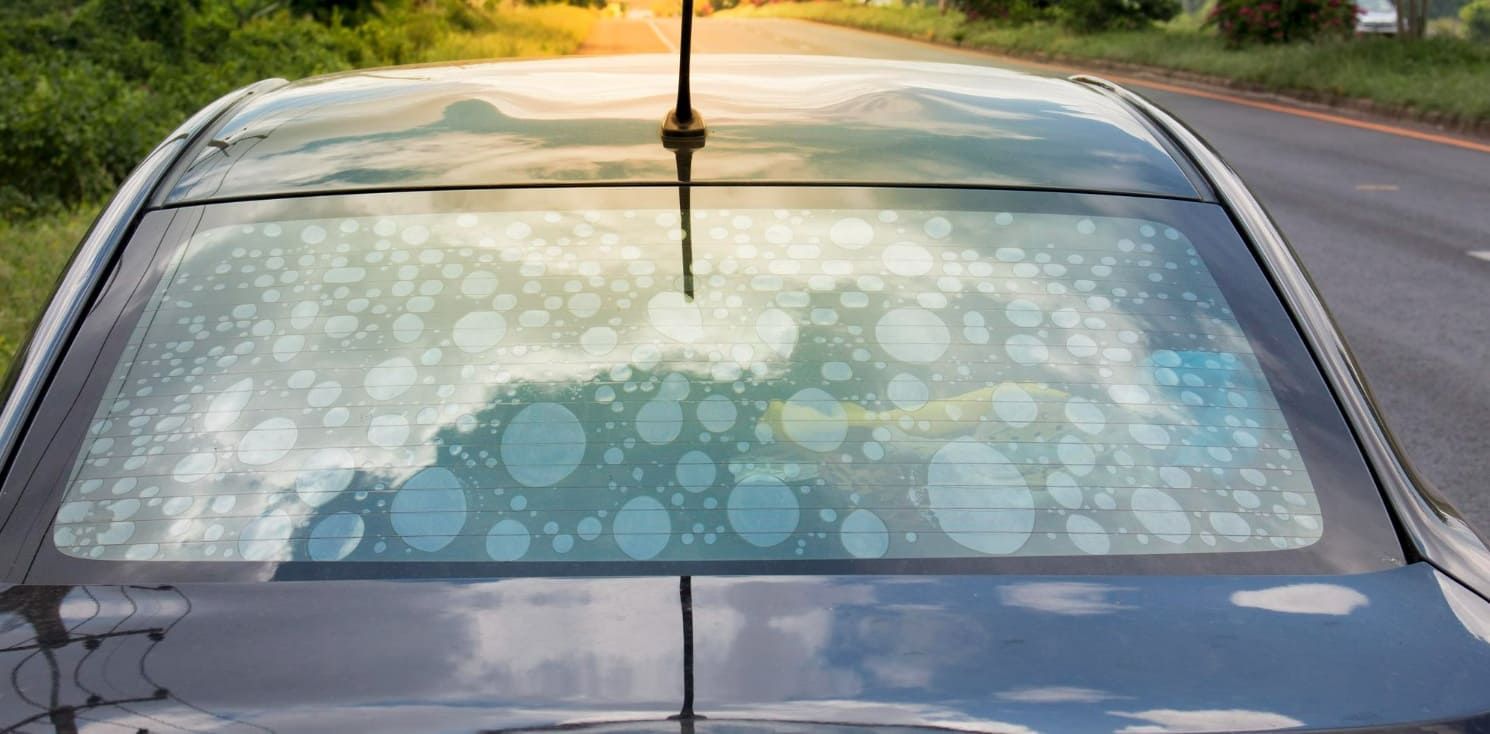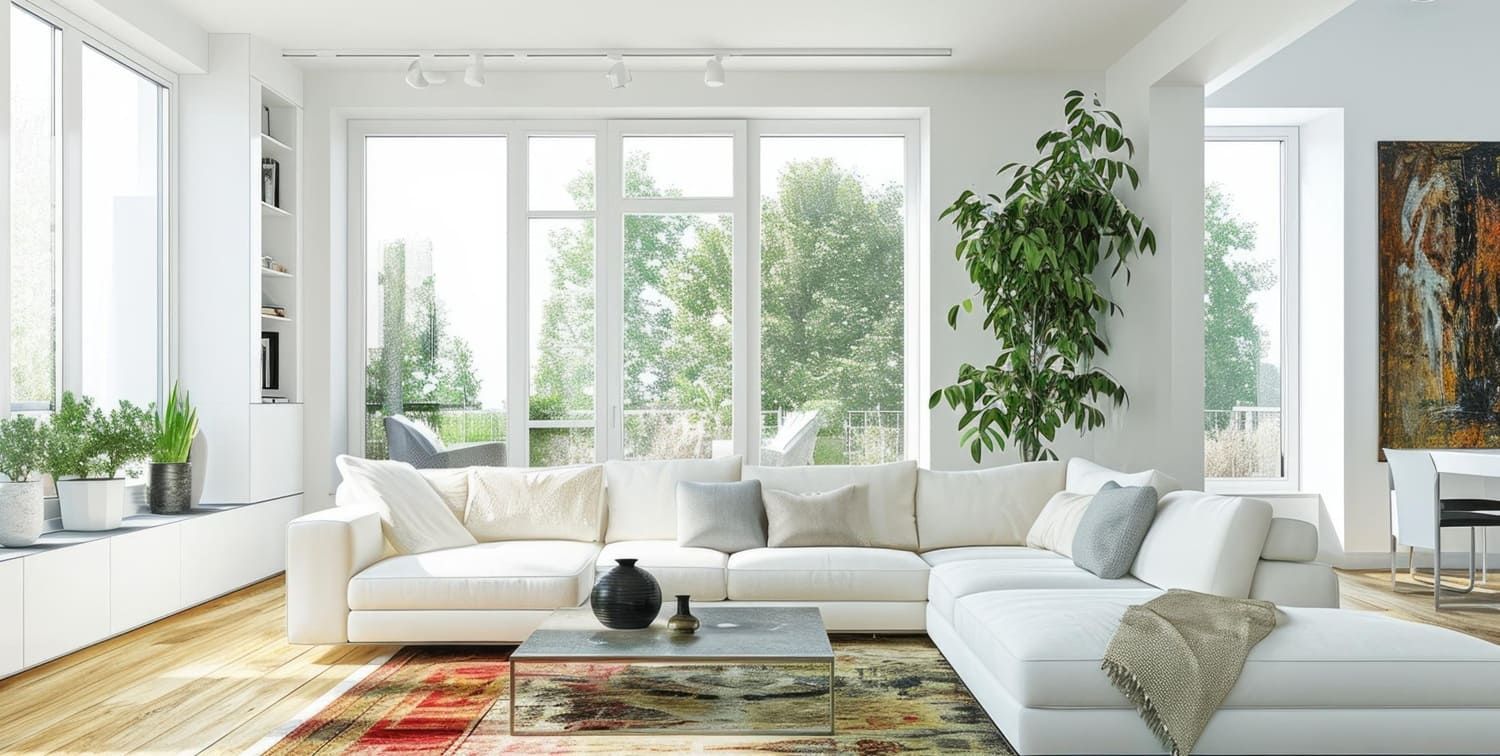The Ultimate Guide to Car Window Tinting: Benefits, Types, and Laws
So, you've been thinking about getting your car windows tinted, huh? It's not just about making your ride look slicker. There's a whole bunch of perks that come with it. From keeping your car cooler in the summer to adding a bit of privacy, window tinting can be a game-changer. But, before you rush out to get it done, there's a lot to consider like the types of tint available, the laws in your area, and even whether you want to tackle the install yourself or let a pro handle it. Let's break it all down so you can make the best choice for your wheels.
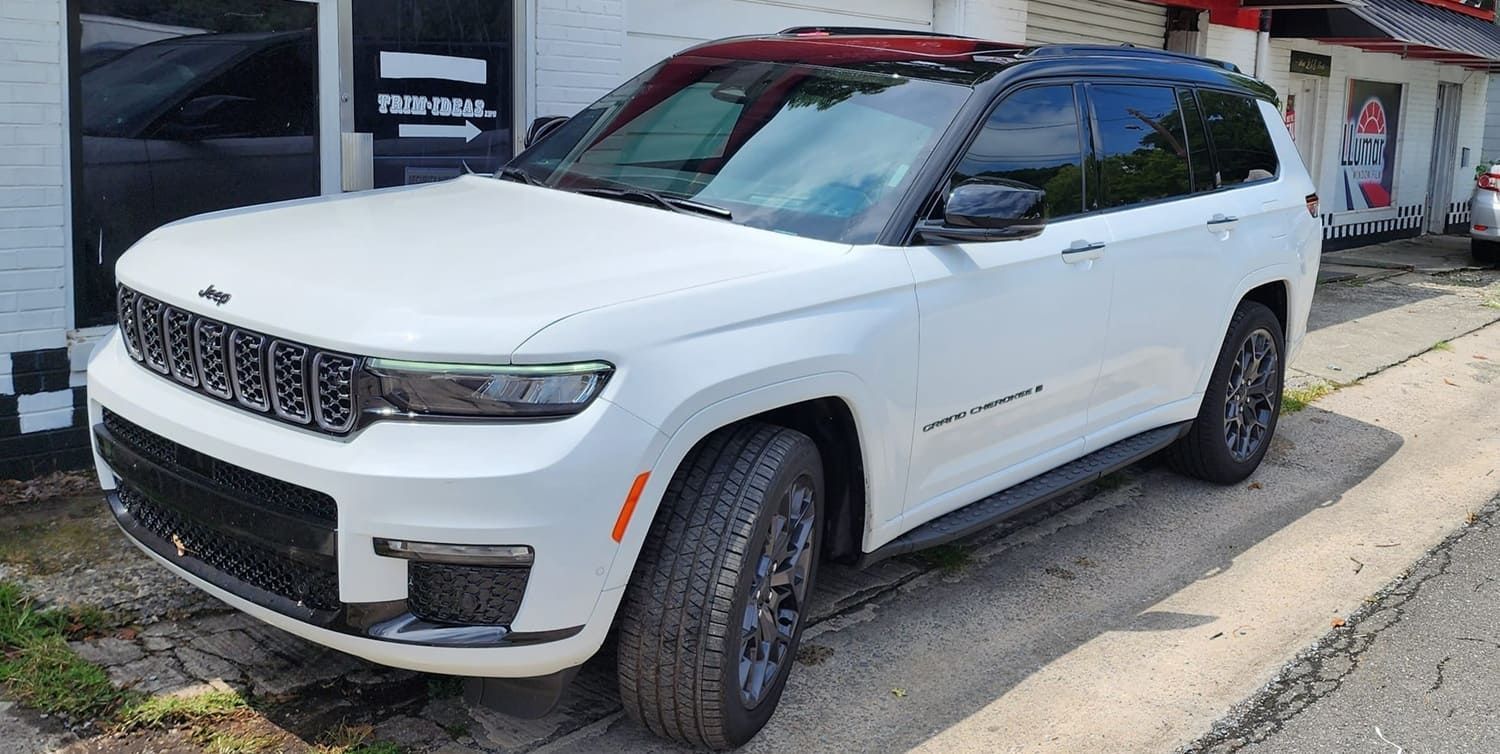
Key Takeaways
- Window tinting helps keep your car's interior cool and protects against UV rays.
- There are different types of tints like dyed, metalized, and ceramic, each with its own pros and cons.
- Laws about window tinting vary by state, so it's important to check local regulations before tinting.
- You can install window tint yourself or hire a professional, but each option has its own challenges.
- Regular maintenance can extend the life of your window tint, ensuring it looks good for years.
Benefits of Car Window Tinting
UV Protection and Skin Health
Tinted windows are like sunblock for your car. They help keep those nasty UV rays from frying your skin and fading your car's interior. You know how you feel when you forget sunscreen and get a sunburn? That's what happens to your car's seats without tint—faded and cracked. Plus, it cuts down the risk of skin problems, which is a big deal if you're always on the road.
Heat Reduction and Improved Comfort
Ever open your car door in the summer and feel like you're stepping into an oven? Tinted windows can make a real difference. They block a good chunk of the sun's heat, so your car stays cooler. That means less sweating and more comfort. And hey, using the AC less often can save you some gas money too.
Enhanced Privacy and Security
Tinted windows are like sunglasses for your car—cool and mysterious. They give you that extra layer of privacy, so people can't easily see inside. It’s not just about feeling like a celebrity; it’s also about security. If a thief can't see what's in your car, they're less likely to break in. It’s like having a curtain for your ride.
Glare Reduction for Safer Driving
Driving with the sun in your eyes is the worst. Tinted windows help cut down that glare, whether it's from the sun or those blinding headlights at night. It’s like having a pair of shades on all the time. This makes driving safer and less stressful, especially on those long road trips or during rush hour.
Types of Car Window Tinting
So, you're thinking about getting your car windows tinted, huh? Well, there are a bunch of options out there, and each has its own perks and quirks. Let's break down the
main types of car window tinting to help you figure out which one might be the right fit for your ride.
Dyed Window Tint
First up, we've got dyed window tint. This is the basic, no-frills option. It's like the entry-level model of tints. The film is made with layers of dye that soak up sunlight, which helps keep the inside of your car a bit cooler. It's great if you're on a budget and just want a little bit of shade. But, don't expect it to block out all the UV rays or heat. It's mostly about looks and a little bit of privacy.
Metalized Window Tint
Next, there's metalized window tint. This one's a step up from dyed tints. Instead of dye, it uses tiny metallic particles to reflect sunlight. This gives your windows a shiny, sleek appearance. Plus, it makes the glass stronger, so it's less likely to shatter. The downside? It can mess with your cell phone signal or GPS. But if you want a tint that adds a bit of bling and strength, this might be your pick.
Ceramic Window Tint
Ceramic tints are like the luxury option in the tint world. They're made with ceramic particles, which means they block out a ton of heat and UV rays without interfering with your electronics. They're super durable and don't fade over time. If you're looking for top-notch protection and don't mind spending a bit more, ceramic tints are worth considering.
Hybrid and Carbon Tints
Finally, there's hybrid and carbon tints. Hybrid tints mix dye and metal particles to give you some of the benefits of both. They're less reflective than pure metalized tints and offer decent heat and UV blocking. Carbon tints, on the other hand, have a matte finish that doesn't fade and blocks infrared light, keeping your car cooler. They're a solid middle ground if you want something better than dyed but not as pricey as ceramic.
Picking the right tint isn't just about style—it's about what you need most. Whether it's cutting down heat, protecting your skin, or just adding a bit of privacy, there's a tint out there for you. Just weigh the pros and cons, and you'll find the perfect match for your car.
Understanding Car Window Tinting Laws
State-Specific Tint Regulations
Every state has its own set of rules when it comes to window tinting. This means what works in one place might get you in trouble in another. For instance, some states are cool with darker tints on back windows but not so much on the front ones. It's like each state has its own fashion rules for cars. If you're thinking about tinting, you better check out the local laws first. You don't want to be the guy who gets pulled over because his car's too shady.
Legal Implications of Non-Compliance
Getting your windows tinted darker than allowed isn't just a slap on the wrist. You might face fines, and in some places, they can make you strip the tint off. It's like paying for a bad haircut and then having to shave your head. Plus, if you get into a fender bender, having illegal tint can make things messy with insurance. So, it's not just about avoiding tickets; it's about keeping your ride legit and safe.
How to Ensure Your Tint is Legal
First off, talk to the pros. A good tint shop knows the laws and can guide you through the process. Ask them about the Visible Light Transmission (VLT) percentage, which is just a fancy way of saying how much light gets through your windows. Make sure they give you a receipt or certificate saying your tint is legal. And keep it handy, just in case you need to show it off to a curious cop. Remember, staying within the law keeps both you and your car out of trouble.
The Process of Installing Car Window Tint
DIY vs. Professional Installation
Thinking about tinting your car windows? Well, you got two choices: do it yourself or hire a pro. Doing it yourself can save you some cash, but it's like putting a giant sticker on a window – tricky and easy to mess up. If you go the DIY route, you’ll need tools like a heat gun, a squeegee, and a lot of patience. On the other hand, pros have the skills and experience to get it done right the first time, and they often offer warranties. So, if you mess up, you might end up spending more to fix it than if you had just hired someone in the first place.
Step-by-Step Installation Guide
- Clean the Windows: Start with a spotless surface. Any dirt or grease can cause bubbles.
- Measure and Cut the Film: Measure your windows and cut the film to size. You can buy pre-cut kits to make this easier.
- Apply the Film: Spray the window with soapy water, peel the backing off the film, and carefully place it on the window.
- Smooth Out Bubbles: Use a squeegee to remove any bubbles, starting from the center and moving outwards.
- Trim Excess Film: Carefully trim any extra film around the edges of the window.
Common Mistakes to Avoid
- Skipping the Cleaning: Not cleaning the window thoroughly can lead to bubbles and peeling.
- Rushing the Process: Take your time. Rushing can lead to mistakes that are hard to fix.
- Ignoring the Weather: Don’t try to apply tint in extreme temperatures. Too hot or too cold can affect how the film adheres.
Tinting your own car windows can be satisfying, but it’s not for everyone. If you’re not confident in your skills, it might be worth paying a bit more for a professional job. It could save you time and frustration in the long run.

Choosing the Right Tint for Your Vehicle
Factors to Consider When Selecting Tint
Picking the right tint for your car isn't just about looks. It's a mix of style, function, and following the rules. Here's what you need to think about:
- Purpose: Ask yourself why you're tinting your windows. Is it for privacy, to keep the car cooler, or just for style? Each reason might lead you to a different type of tint.
- Legal Limits: Every state has its own rules about how dark your tint can be. You don't want to end up with a ticket because you didn't check the laws first.
- Budget: Tints range from cheap DIY kits to high-end ceramic options. Know what you’re willing to spend before you start shopping.
Impact on Car Aesthetics
Tint can seriously change how your car looks. A sleek, dark tint might make your sports car look like it’s straight out of a movie, but the same tint could look odd on a family van. Think about how the tint will match your car's color and style.
- Color Matching: Make sure the tint complements your car's paint job.
- Overall Style: Decide if you want a subtle look or something bold and eye-catching.
- Type of Tint: Reflective tints can give a modern look, while non-reflective might keep it classic.
Balancing Privacy and Visibility
You want privacy, but you also need to see out of your windows. Here’s how to find the right balance:
- Consider Night Driving: A super dark tint might be great during the day but could make it hard to see at night.
- Choose the Right VLT (Visible Light Transmission): The lower the VLT percentage, the darker the tint. Find a number that gives you privacy without sacrificing visibility.
- Think About Safety: Make sure your tint doesn't block your view of the road or other drivers.
"Finding the right tint is like picking out the perfect pair of sunglasses. It needs to look good, feel right, and work well in all situations."
Choosing the right tint for your vehicle is all about balancing your needs and personal style with practicality and the law. Take your time, weigh your options, and you'll find the perfect fit for your ride.
Maintenance and Care for Tinted Windows
Cleaning Tips for Tinted Windows
Alright, so you've got your windows tinted, and now you want to keep them looking sharp. Cleaning them isn't rocket science, but there are a few things you gotta remember. First off, ditch any cleaner with ammonia. That stuff can mess up your tint faster than you can say "oops." Instead, grab a mild soap and mix it with water, then use a soft cloth to gently clean the surface. You can also get special cleaners made just for tinted windows if you're feeling fancy. And hey, no scrubbing like you're trying to get a stain out of a carpet; gentle circles work best.
How to Prolong the Life of Your Tint
Now, let's talk about making that tint last. You want to avoid rolling down your windows for at least a few days after getting them tinted. This gives the film time to really stick on. Also, keep an eye out for any bubbles or peeling. If you spot these, it's usually best to have a pro take a look. Extreme heat is another enemy, so try to park in the shade when you can. Lastly, don't forget to clean them regularly but gently, as mentioned earlier.
Signs It's Time to Replace Your Tint
So, how do you know when your tint's had its day? Well, look out for bubbling, peeling, or fading. These are all signs that it's time for a change. If the tint starts to look purplish, that's a big red flag too. It's like your car's way of saying, "Hey, I need a makeover!" When this happens, it's usually best to get a professional to replace it. This way, you can keep your ride looking slick and keep all the benefits that come with fresh tint.
Keeping your car's tint in top shape isn't just about looks. It's about making sure you get all the perks like UV protection, privacy, and keeping your car cool. A little care goes a long way, so don't skimp on it.
Wrapping It Up
Alright, folks, there you have it. Car window tinting isn't just about making your ride look slick—though that's a nice bonus. It's about keeping cool, staying safe, and maybe even saving a bit on gas by not cranking the AC so much. We've covered the types, the benefits, and the legal stuff.
At Trim Ideas in Rome, GA, we offer a wide range of high-quality window tinting options to suit your specific needs and budget. Whether you decide to go DIY or hire a pro, just make sure you know what you're getting into. And remember, check those local laws before you go too dark. Tinting can be a game-changer for your car, but like anything, it's all about doing it right.
Contact us today for a free estimate and give your car the tint it deserves. Enjoy the ride!
Frequently Asked Questions
What is car window tinting?
Car window tinting involves applying a thin film to a car's windows to reduce sunlight, heat, and UV rays. It also adds privacy and can enhance the car's appearance.
Why should I tint my car windows?
Tinting car windows can keep your car cooler, protect the interior from fading, reduce glare, and provide privacy. It also blocks harmful UV rays that can damage your skin.
Are there different types of window tints?
Yes, there are several kinds, including dyed, metalized, ceramic, and hybrid tints. Each type offers different benefits, like UV protection and heat reduction.
Is it legal to tint car windows?
Tinting laws vary by state and country. Some places have rules about how dark or reflective the tint can be, so it's important to check local regulations before tinting.
Can I tint my car windows myself?
You can try DIY tinting with kits available in stores, but professional installation is recommended for the best results and to avoid bubbles or peeling.
How long does window tint last?
The lifespan of window tint depends on the quality and type of film used. Typically, it can last anywhere from 5 to 10 years with proper care.
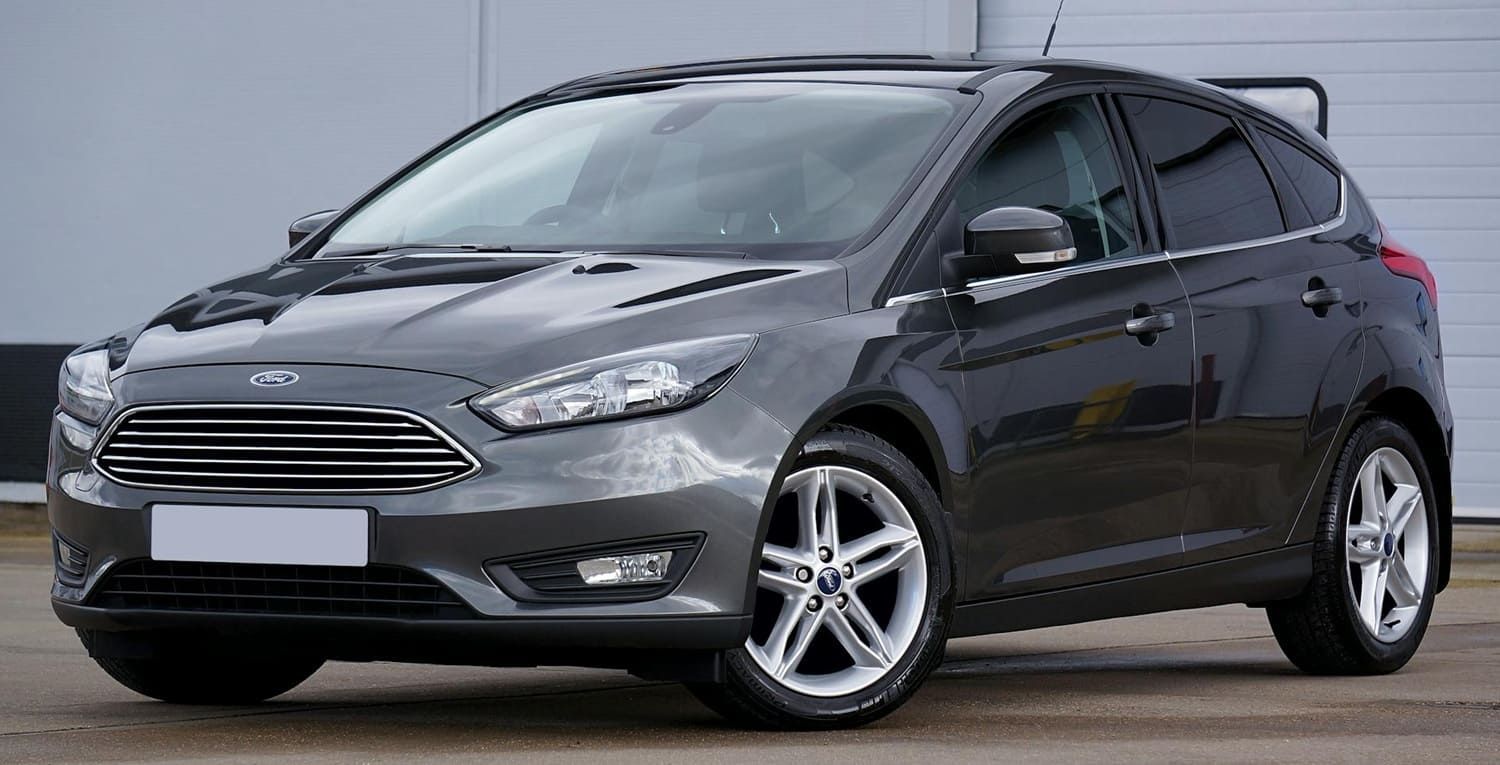
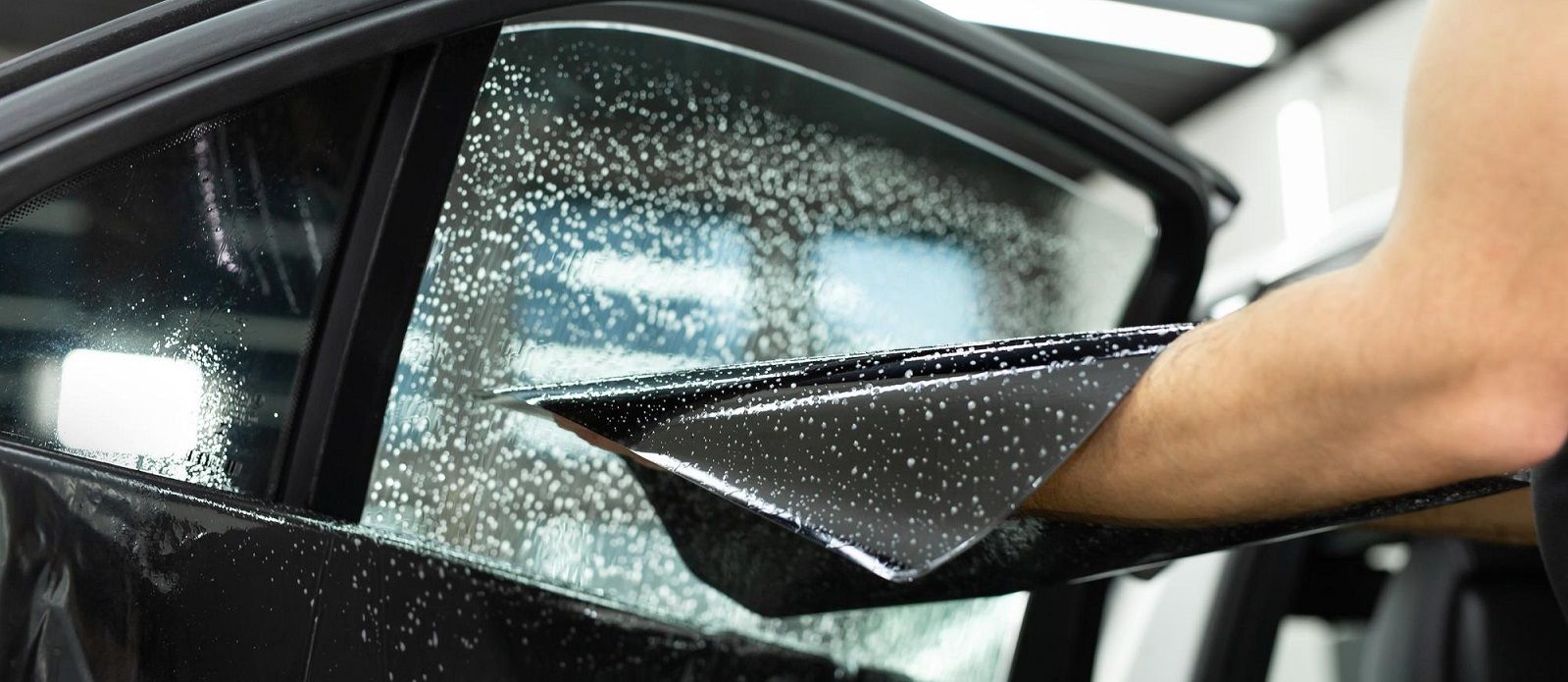
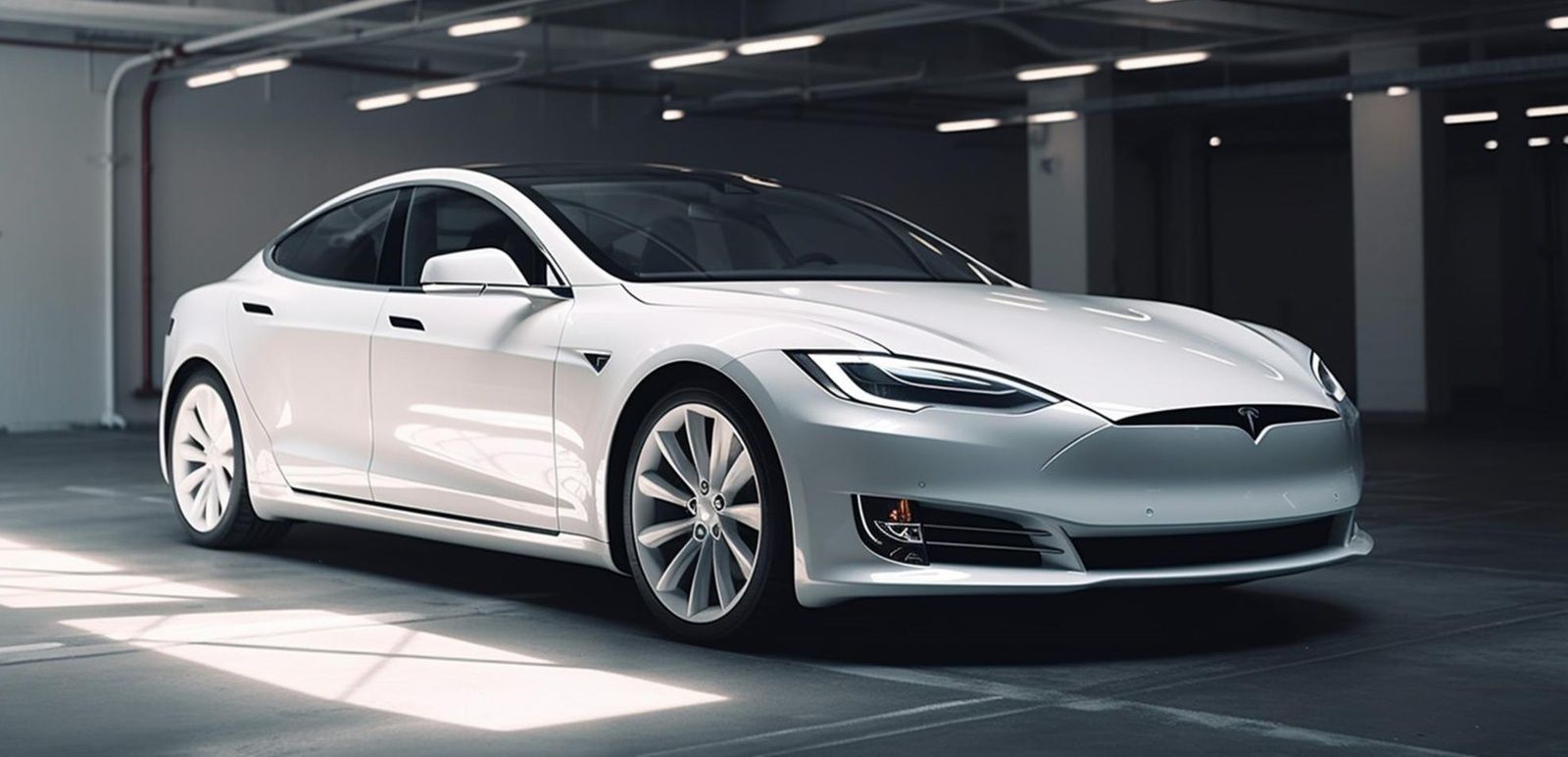
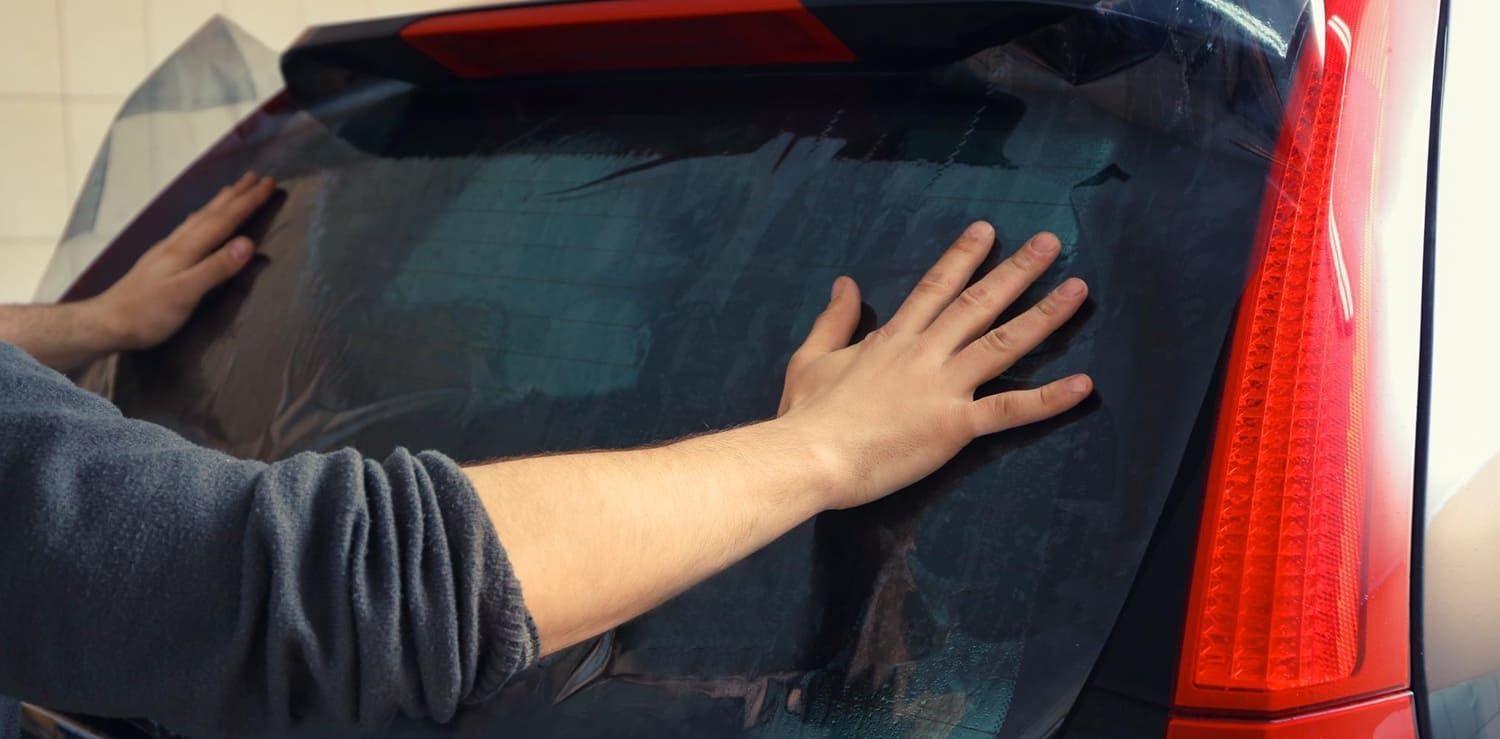

BUSINESS HOURS
Monday - Friday: 9 AM to 5 PM
Saturday - Sunday: CLOSED
All Rights Reserved | Trim Ideas


